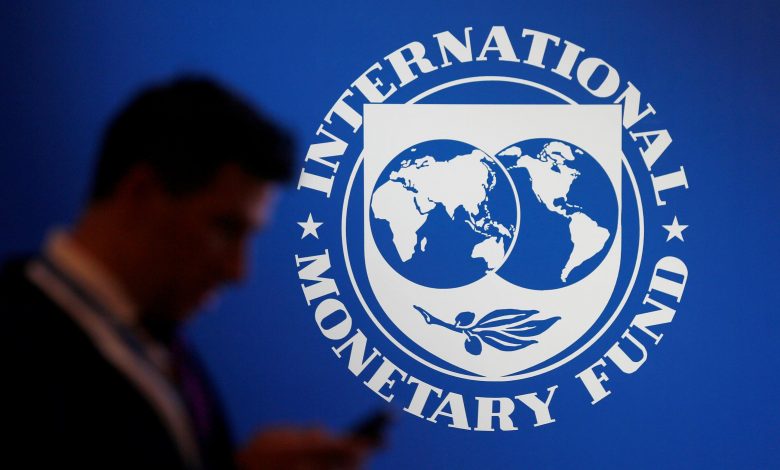IMF forecasts 3.5% growth for Pakistan in FY25, slightly below govt’s target

The International Monetary Fund (IMF) has forecasted that Pakistan’s economy will grow by 3.5% in the fiscal year 2024-25 (FY25).
This projection falls slightly below the Pakistani government’s target of 3.6%, which was announced in the latest budget, and comes amidst a backdrop of sluggish global economic activity.
According to Pakistan’s economic survey, the country’s GDP grew by only 2.4% in the fiscal year 2023-24, failing to meet the 3.5% target set by the government.
Pakistan’s economic landscape has been marred by chronic mismanagement, compounded by the COVID-19 pandemic, disruptions from the Ukraine war, and devastating floods in 2022 that impacted a third of the country.
In its World Economic Outlook (WEO) update, the IMF warned of modest global growth over the next two years. The global economy faces challenges with cooling activity in the US, a bottoming-out in Europe, and stronger consumption and exports in China.
The IMF maintained its global GDP growth forecast for 2024 at 3.2% and slightly raised its 2025 forecast to 3.3%.
IMF Managing Director Kristalina Georgieva described the current economic projections as part of the “tepid twenties.” The US growth forecast for 2024 was reduced to 2.6% due to slower-than-expected consumption in the first quarter, while the 2025 forecast remains at 1.9%, driven by a cooling labor market and moderated spending.
Pierre-Olivier Gourinchas, the IMF’s chief economist, noted that growth in major advanced economies is becoming more aligned, with the US showing signs of cooling and Europe poised for recovery. The IMF increased its growth forecast for China to 5.0% for 2024, matching the Chinese government’s target, due to a rebound in private consumption and strong exports.
The forecast for 2025 was also raised to 4.5%.
The IMF highlighted persistent inflation risks, with elevated service prices and wage growth in labor-intensive sectors. Renewed trade and geopolitical tensions could exacerbate inflation by increasing the cost of imported goods.
The IMF warned that prolonged high inflation could lead to sustained high interest rates, amplifying external, fiscal, and financial risks.
China reported second-quarter GDP growth of just 4.7%, falling short of expectations amid weak consumer spending and a prolonged property downturn.
Gourinchas indicated that this poses a downside risk to the IMF’s forecast, reflecting weakened consumer confidence and ongoing issues in the property sector.
The IMF also cautioned about potential economic policy shifts due to upcoming elections, which could result in fiscal profligacy and increased protectionism.
Heightened tariffs and expanded domestic industrial policies could trigger damaging cross-border economic effects and provoke retaliation.
The IMF advised policymakers to prioritize restoring price stability, gradually ease monetary policy, rebuild fiscal buffers depleted during the pandemic, and implement policies that promote trade and productivity growth.





